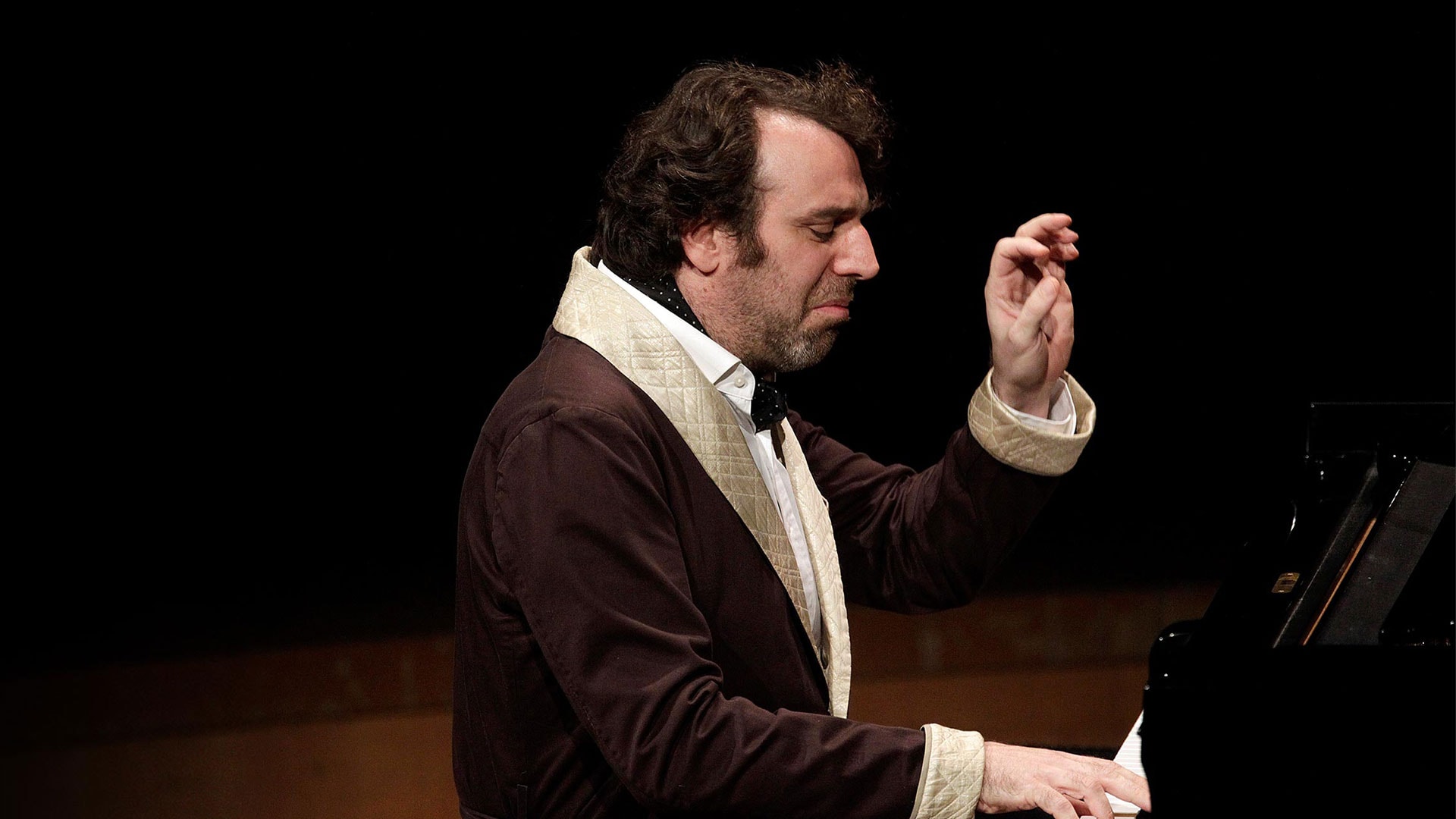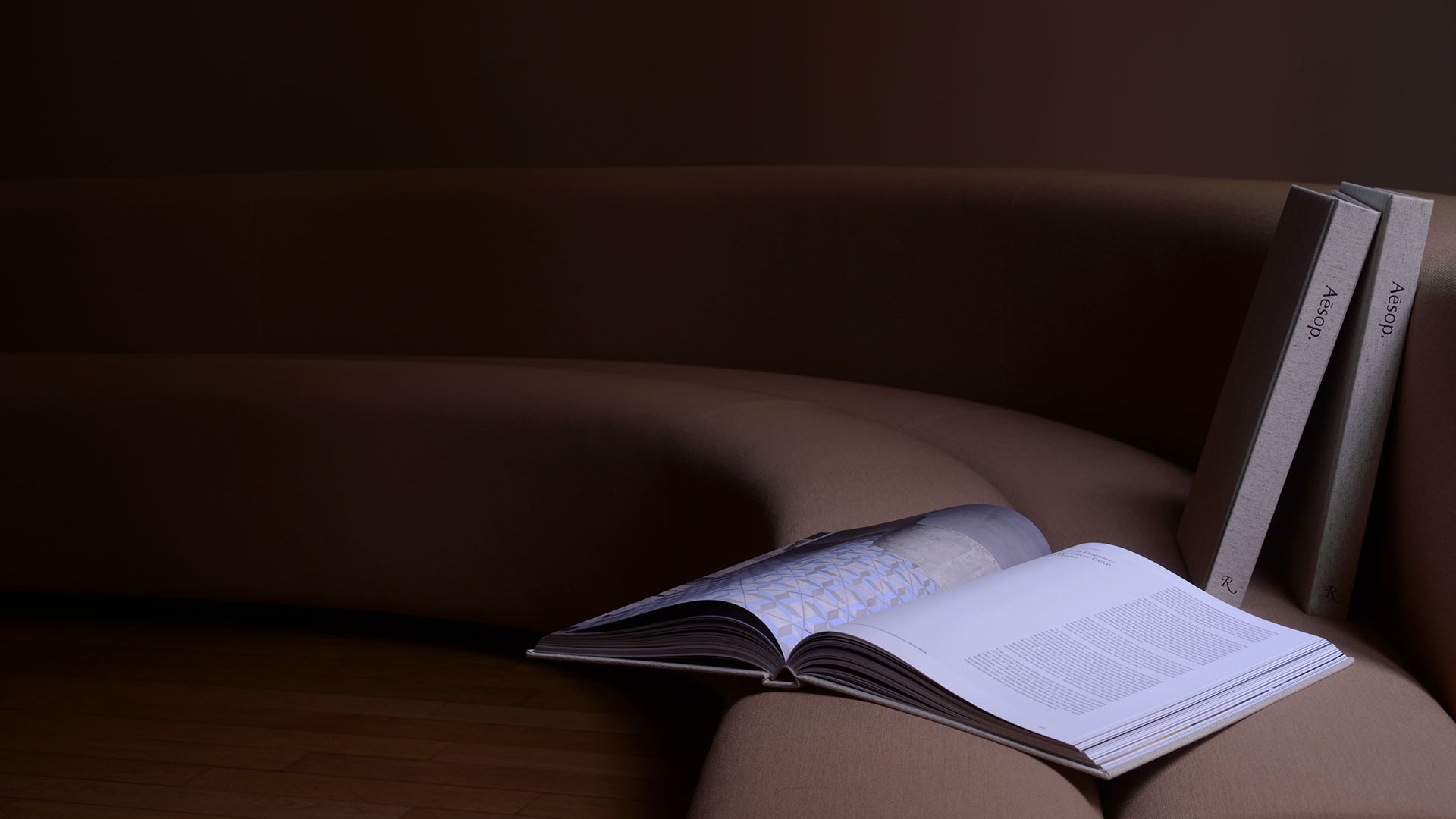It’s a long way from Cairo’s Tahrir Square, the nexus of Egypt’s 2013 democratic uprising, to New York State’s Hudson Valley, but Alaa Al-Aswany has made many such jumps of distance, time, and culture in the past three decades, just as he manages to follow, simultaneously, two very different vocations. He trained as a dentist at Cairo University and the University of Chicago in the 1980s. Shortly afterward, he began to follow in the journalistic and literary footsteps of his father, the writer Abbas Al-Aswany. To this day, when at home in Egypt, he continues to practice dentistry during part of each working day, even though his literary ambitions might seem to mark him as a full-time writer. His acclaimed 2002 novel The Yacoubian Building; a candid, unfiltered portrait of a broad cross-section of Egyptian society—has attracted a large international following, and Al-Aswany has augmented his oeuvre with two further novels, most recently The Automobile Club of Egypt (2013, available now in English).
I spoke with Al-Aswany as he prepared to leave Bard College, where he had just completed a year’s visiting appointment as Distinguished Writer in Residence, and return to Egypt—a country now ruled by a regime that deeply mistrusts him and may, he fears, soon act against him. As an outspoken proponent of democratic reform and of liberal, pluralistic interpretations of Islam, Al-Aswany has become a prominent political figure. You write in Arabic. Do you think of the Arab world as your primary audience? No, I write for human beings. I write about human beings to human beings. I write what I feel like writing. Accordingly, I write for everybody. And I think that any literature which could not be appreciated in other languages is not good literature. The Yacoubian Building certainly attracted a worldwide audience. Is it still possible to read it freely in Egypt? No. Writers should be dangerous to dictatorship and should be troublemakers. The regime cannot understand why you disagree, because they don’t have this culture: that I disagree, but probably you’ll listen to me. I have many, many friends in prison. I have been lucky, so far. But I'm banned from writing in Egypt. I’m banned from TV appearances. There is very strong propaganda against me on TV—character assassination. You find people who are accusing you on TV of being a CIA agent, a Mossad agent. You try to sue these people, as I did, and the prosecutor will cancel the case because they are absolutely protected by the regime. Now I'm banned in Egypt. I want to stay, but at the point when you realize that it has really become very dangerous, you should leave. I haven’t yet, but I don't think it’s far off. So you will go back to live in Egypt. And you'll continue your dental practice? Yes! I have a house about twenty kilometers out of Cairo. I have a dental clinic in the basement. On the first floor, I have my writer’s office. On the second floor, my residence. And I have a metal elevator. So when I go to the elevator, I decide which button to push—I’ll be the dentist or the writer. Do you worry that you won't be able to leave, that you'll be detained? This is a continual risk. Under Mubarak it was more humane—you go to the airport and they tell you that you are banned from traveling because you have a case against you and here is the number of the case, right? Now, just to give you more troubles, nobody will tell you. The moment you check in, and you’ve said goodbye to your friends or your family, before stamping the passport, they will tell you, “So, you’re going to lose your ticket.” Even the officer doesn’t know why you're banned. I have many friends who cannot travel anymore. Of course it's a risk for me to get back, but I don’t want to think at some point that I had an opportunity or a chance to stay and I didn’t.


